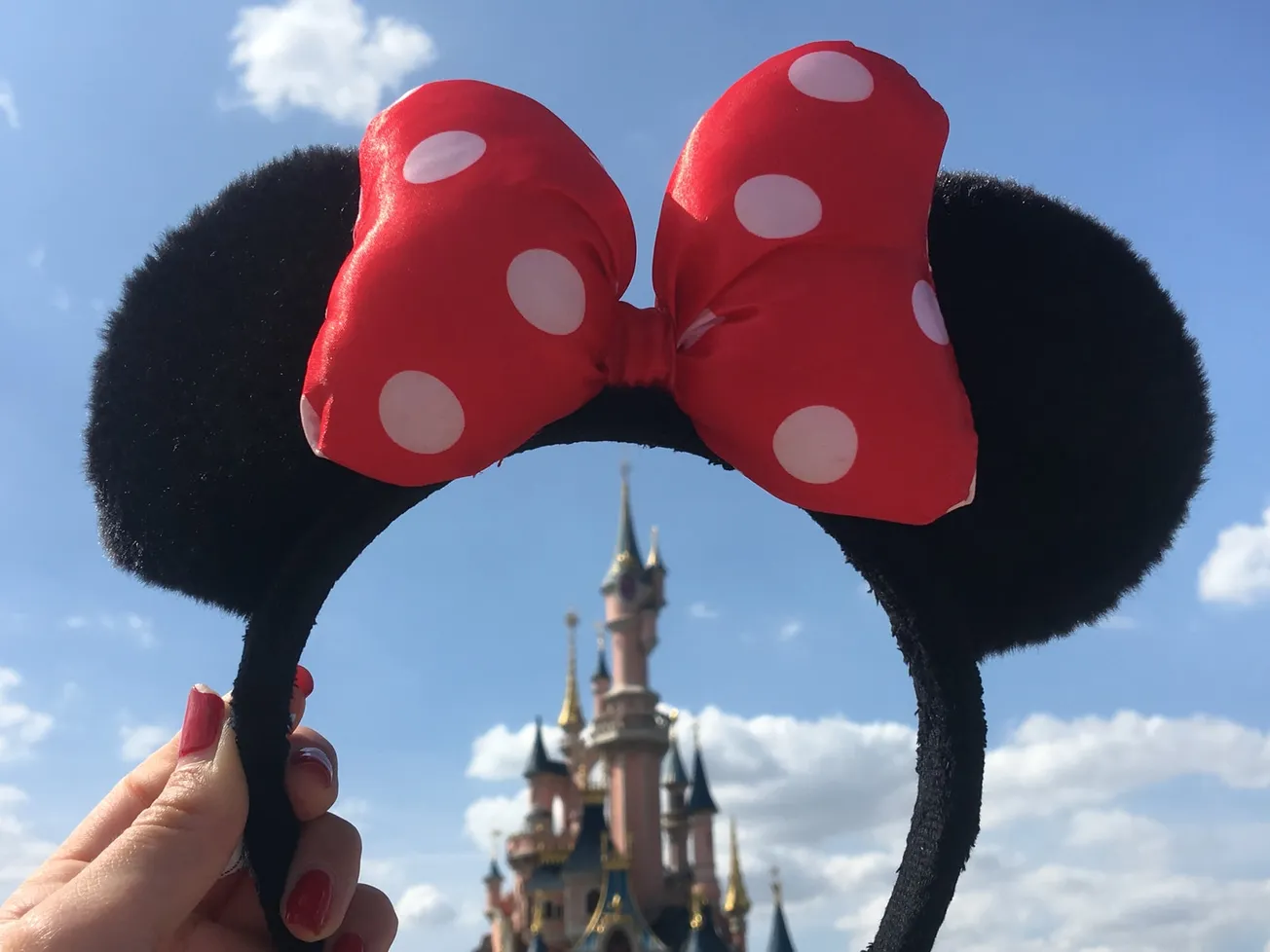Table of Contents
Sebastian James
mercatornet.com
Sebastian James is a Sydney journalist.
Although I enjoyed Dr Strange: Into the Multiverse of Madness, I was disconcerted. Some aspects of wokism don’t concern me. However, one of the new Marvel superheroes introduced in this instalment of Dr Strange has two mums. Eternals, released late last year, features the first gay couple in the Marvel Universe.
Then I heard that one of the main characters in Lightyear, featuring Buzz Lightyear from the Disney-Pixar Toy Story franchise, is in a same-sex relationship.
Then I connected the dots. Who owns Marvel and Pixar? Disney.
Same-sex relationships keep popping up in Disney’s movies. They are being marketed as family-friendly films for children and teenagers – but they are now being used to make same-sex relationships more mainstream and acceptable.
We all need friends, especially in our early years. Same-sex friendship is a profound kind of love. No one has ever disputed that. “Nothing in life is more necessary than friendship,” said Aristotle – and he lived 2500 years ago. But deep affection need not be erotic.
Disney is getting its “love language” all muddled up. Children and teenagers need to be inspired by stories about selfless love, about putting others first, about heroic sacrifice. This comes first, before confusing themes about two women who have a committed sexual relationship who are called wives or mums.
In the past Disney and Marvel stories centred on ideals of love, sacrifice, heroism, perseverance, commitment, kindness, and self-control. They appealed to everyone: people of faith, people from diverse cultures, hippies, progressives, gays, conservatives — pretty much all of us.
But rather than bringing people from different backgrounds, cultures and beliefs together, Disney is disenfranchising quite a few groups and in the process making life more confusing for kids.
I have a brother with Down Syndrome. He loves Disney films and watches them with great joy. Some of his favourites are Aladdin, The Lion King, Star Wars: A New Hope, and the Toy Story series. These perennial favourites were not ideologically driven.
But films imbued with sexual complexity are going to perplex him. He knows all about the birds and bees –that a child comes from a mother and a father, or at least should come from a mother and a father.
He can tell me who Luke Skywalker and Princess Leia’s parents are or Simba’s in the Lion King, but if he’s ever introduced to the parents of the superhero America Chavez (Xochiti Gomez), he won’t get it.
In the latest Dr Strange, Chavez tells the story of how her two mums were taken from her and she doesn’t know where they are. Someone will have to explain to my brother that Chavez still has a father somewhere in the multiverse, because in our universe, every human being has a mother and a father.
Disney’s LGBTQI+ campaigns will leave him lost and confused – and not just him.
In a company-wide zoom meeting back in March, the president of Disney’s General Entertainment Content, Karey Burke, said the company “doesn’t have enough LGBTQIA leads in their content and don’t have enough narratives in which gay characters just get to be characters”. She vowed to change this “non-inclusive trend”.
Why can’t Disney stick to producing great content, family films which champion what is good, true, beautiful, and universal? Back in 1938 Walt Disney said: “everybody in the world was once a child. So in planning a new picture, we don’t think of grown-ups, and we don’t think of children, but just of that fine, clean, unspoiled spot down deep in every one of us that maybe the world has made us forget and that maybe our pictures can help recall.”
That’s the formula which transformed a small film studio in Kansas City into the world’s greatest entertainment company. Turning The Walt Disney Company into The Woke Disney Company is a betrayal of everything that its founder stood for.









